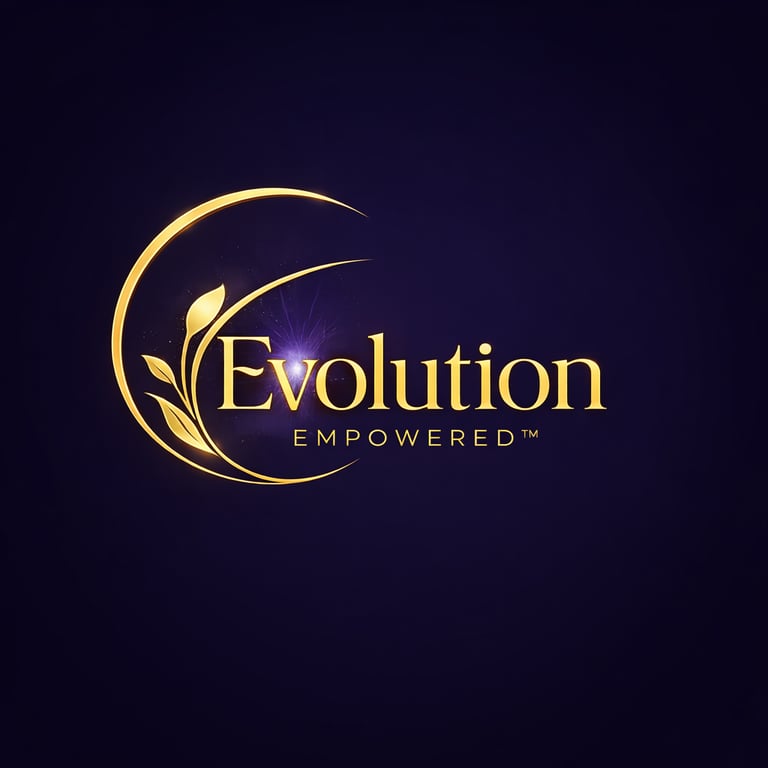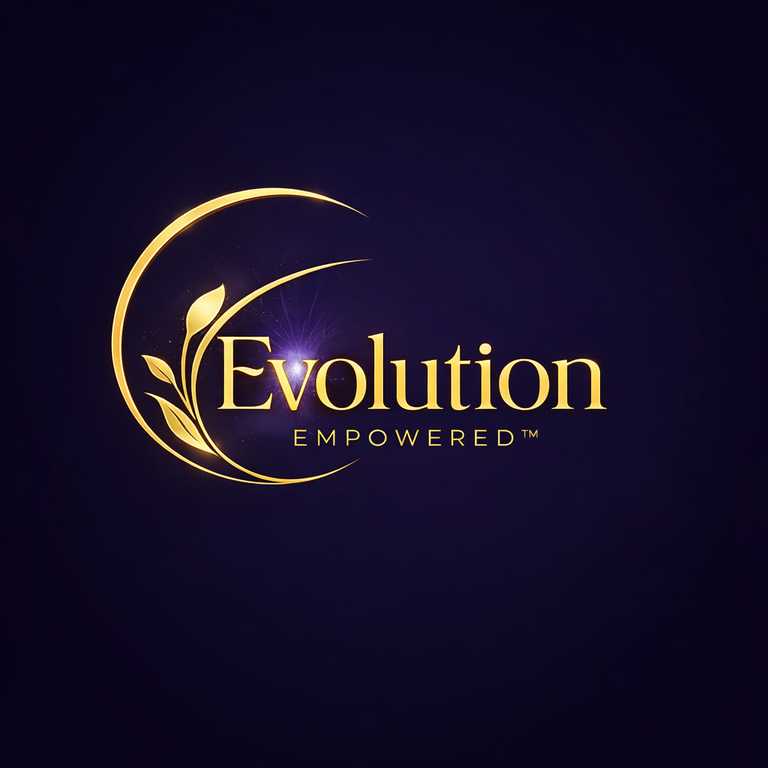Embracing Change: Finding Balance and Resilience in Midlife’s Shifting Landscape
As we journey through midlife, we’re met with an array of transitions—from changes in relationships and careers to shifts in our sense of self and purpose. These shifts can be both thrilling and challenging, bringing opportunities for growth along with unexpected challenges. In an increasingly uncertain and fast-paced world, developing resilience and balance has become essential for navigating this pivotal life stage with confidence and grace.
Nina Roberts Salveson
11/15/20243 min read


As we journey through midlife, we’re met with an array of transitions—from changes in relationships and careers to shifts in our sense of self and purpose. These shifts can be both thrilling and challenging, bringing opportunities for growth along with unexpected challenges. In an increasingly uncertain and fast-paced world, developing resilience and balance has become essential for navigating this pivotal life stage with confidence and grace.
Why Resilience Matters in Midlife
Resilience is more than just a buzzword; it’s a core skill that helps us adapt and thrive in the face of change. Defined as the capacity to recover quickly from challenges and setbacks, resilience doesn’t mean avoiding difficult emotions. Instead, it’s about acknowledging them, learning from them, and using our experiences as stepping stones for personal growth. Research has shown that resilience can lead to greater life satisfaction, improved mental health, and a stronger sense of self-worth, especially during major life transitions (American Psychological Association, 2020)life, resilience is especially crucial. As we reflect on past accomplishments and redefine future goals, resilience helps us process what we’re letting go of and embrace what lies ahead. It provides the inner stability and confidence needed to stay grounded during change, ultimately empowering us to craft a life that resonates deeply with who we are today.
Building Balance and Resilience: Practical Strategies
Nurture Your Inner Self-Care Practices
Resilience starts with self-care. Taking time to prioritize physical and mental well-being is essential for maintaining the inner balance needed to navigate change. This could mean engaging in mindfulness meditation, practicing yoga, or even spending more time outdoors to feel connected and grounded. Mindfulness in particular has been shown to increase emotional resilience, helping us process and release difficult emotions rather than holding onto them (Davis & Hayes, 2011) . Small tices like journaling, gratitude reflection, and setting intentions can foster a sense of inner calm, making it easier to approach life’s challenges with clarity.Reframe Challenges as Opportunities for Growth
One of the most powerful tools for building resilience is changing the way we interpret challenges. Rather than seeing setbacks as failures, try to view them as valuable experiences that bring new perspectives and opportunities. This mindset shift can boost self-esteem and increase our capacity to adapt, as we learn that obstacles don’t have to define or limit us.
Cultivating a growth mindset, a concept popularized by psychologist Carol Dweck, can be particularly helpful here. A growth mindset encourages us to see our abilities and intelligence as things we can develop through effort and learning, rather than fixed traits. Embracing this mindset can make us more resilient to life’s ups and downs, as we learn to approach challenges with curiosity and perseverance.Create a Balanced Approach to Self-Improvement
While self-growth is a key aspect of midlife, maintaining balance is essential. The pressure to improve ourselves constantly can lead to burnout and stress, so it’s important to know when to strive forward and when to be kind to ourselves. Embracing “good enough” moments and finding joy in the present helps us avoid the exhaustion that can come from seeking constant improvement.
Balance can also mean setting boundaries and learning to say no to commitments that don’t align with our values. It’s about honoring our needs and giving ourselves permission to protect our energy and time.
Using Spiritual Practices to Foster Resilience
For those seeking a deeper approach to resilience, integrating spiritual practices such as meditation, breathwork, or grounding exercises can provide powerful tools for inner stability. These practices help us tune into our inner selves, offering moments of quiet reflection where we can process emotions and realign our energy. The clarity and peace these practices bring make it easier to approach life’s changes with a centered, resilient mindset.
The Legacy of Resilience
Midlife is a time to reflect on the impact we want to leave on the world. By nurturing our resilience, we’re not only enhancing our ability to face personal challenges but also modeling strength and adaptability for others. As we embrace this stage with confidence and grace, we create a legacy of empowered living for future generations. Our resilience becomes a gift to those around us, inspiring them to face their own journeys with courage.
Unlock Your Full Potential with The Clarity Empowered Method
Ready to redefine your journey? The Clarity Empowered Method: Life Reimagined & Redefined offers the clarity and empowerment you need to thrive during midlife.
Schedule Your Complimentary Clarity Momentum Session
If you're ready to explore what’s possible, schedule your complimentary 50-minute Clarity Momentum Session. This session includes my Clarity Experience, offering powerful insights and actionable steps to create the life you envision.
Plus, as a gift, you'll receive my 2-Minute Peace of Mind Energetic Alignment Practice to center and align your energy.
Email me at Nina@MidstreamMomentum.com to book your session today!
Resources:
American Psychological Association. (2020). The Road to Resilience. Retrieved from www.apa.org
Davis, D. M., & Hayes, J. A. (2011). What are the Benefits of Mindfulness? A Practice Review of Psychotherapy-Related Research. Psychotherapy, 48(2), 198–208.
Ready to begin your own journey into your MidStream Momentum?
Schedule a discovery session today to explore how we can navigate this transformative phase together and unlock the full potential of your midlife experience!
© 2025 Midstream Momentum Unlimited. All Rights Reserved.
Magnetic Momentum™ and Magnetic Momentum Method™ are trademarks of Midstream Momentum Unlimited.
QUICK LINKS


Book a Consult - Let's Connect
This content is for educational and informational purposes only and is not a substitute for professional medical, psychological, financial, or legal advice.
